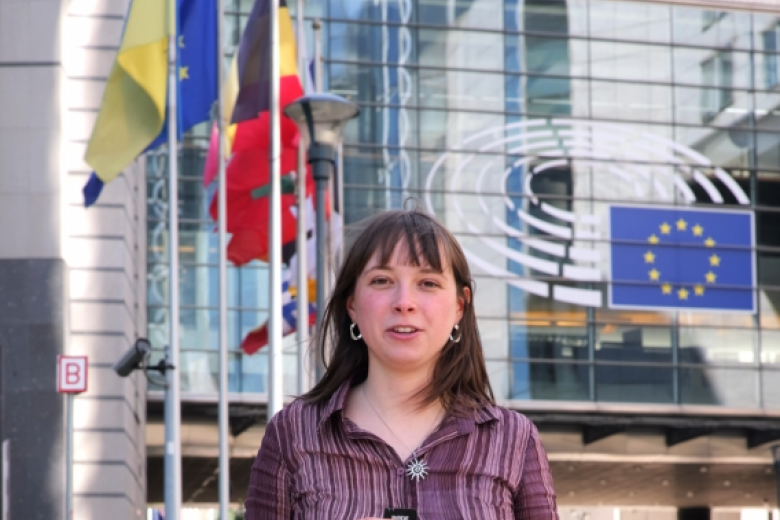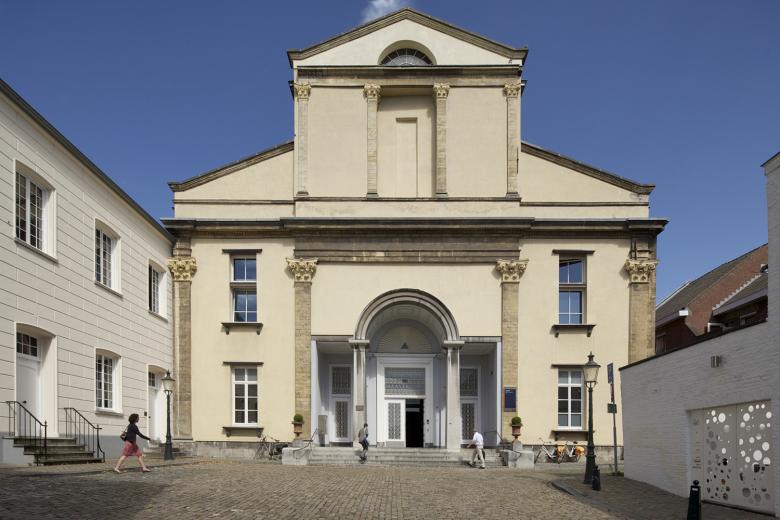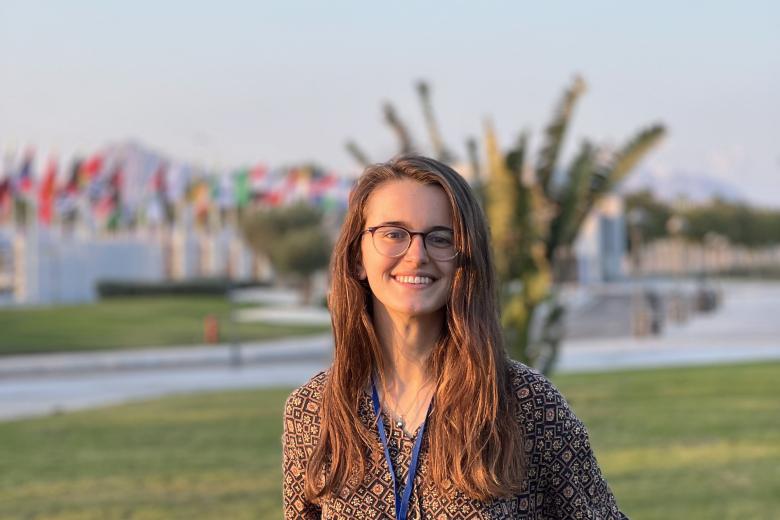Stronger together
Performance anxiety, loneliness or a sense of being overwhelmed are all perfectly normal if you take on the challenge of studying abroad. But when these emotions prevent you from functioning as you would like, it might be time to look for a little help.
For a year now the independent psychologist Birgit Veskioja has offered an open mental health support group for internationals. The fortnightly sessions last for about an hour and are usually attended by three to five people, both international students and expats. There are no waiting lists; a diagnosis is not necessary.
Participants sit around a table, share their experiences, and respond to each other, with Veskioja acting as moderator. She gives short presentations on mindfulness and other topics, suggests exercises and sums up the takeaways. While the group is not affiliated with the university, the idea for starting it came from a student who thought it might be good to have a more informal and non-committal format to complement the psychological support UM offers.
You are not the only one struggling
“I want to help people develop coping strategies. But I rely a lot on group dynamics: we can source many suggestions from the participants,” Veskioja explains. She prefers the groups to be small and therefore intimate enough for people to feel comfortable opening up and sharing their problems.
And people do open up – the support group is a safe place to share. “If you think about it, we hardly ever talk about things going badly when we are partying with friends or when we are with our families over Christmas. But in the support group, no one worries about your relationship becoming awkward or tells you what to do – they just listen and share their own experiences.”
While unique and deeply personal, the experiences are not that dissimilar from each other: feeling isolated away from home, feeling anxious in a new and different culture, feeling overwhelmed by the pressure to perform academically, etc. “Sometimes it just helps you to see that other people are struggling with these issues too,” says Veskioja.
Birgit Veskioja has moved to Maastricht from Estonia three years ago, having previously spent an Erasmus semester here. In 2012 she graduated from Tallinn University with a master’s in psychology, specialising in counselling psychology. She uses cognitive behavioural therapy, ACT, art therapy as well as mindfulness and motivational interviewing methods in her work.
www.internationalpsy.nl
Break out of your isolation and ask for help
Hers is a solution-based approach rooted in positive psychology but, she adds, there is already a huge benefit to overcoming the stigma and being open about your problems in front of others – the problems are neither uncommon nor unjustified: “Especially the first year can be very taxing: you have to get used to a new city, a new culture, PBL, and you have to build the social support network you will need later.”
Some would argue that drinking most nights, skipping lectures, drug consumption, and spending hours on end in front of YouTube are all part of student life, but it becomes pathological when these are your only strategies for dealing with negative emotions. “It’s a problem when avoidance behaviours restrict your freedom, when your life is out of balance.”
“The most important thing is to break out of your isolation and ask for help. The more you face your problems, the stronger you are.”
You can attend the group on 22 June or get in touch with the services UM provides. Alternatively you can talk to your GP about a referral letter for mental health services.
UM offers several kinds of mental health support, from student psychologist to workshops and trainings. SSC offers an overview.
You can contact a student psychologists Mondays and Thursdays between 16.00 and 16.30:
+31 43 388 52 12
Also read
-
Europe Day
To celebrate Europe Day on 9 May, FASoS student Lisa travelled to Brussels to meet with five of our inspiring alumni who are currently shaping European policy and advocacy. In this video, they share why Europe Day matters, how it’s celebrated in Brussels, and what the idea of Europe means to them.

-
UM seeks new balance between the university and student associations
Maastricht University is suspending its relationship with student associations Tragos and Circumflex until further notice. Discussions with the boards of these associations have revealed that agreements outlined in the Code of Conduct have not been upheld. Experience from recent years shows that...

-
Emma Goslin - health goes beyond medical research
Emma has always been interested in health in the broadest sense of the term. “Health goes beyond medical research and care. It is shaped by politics, international health organisations, transnational threats such as climate change, and much more.
